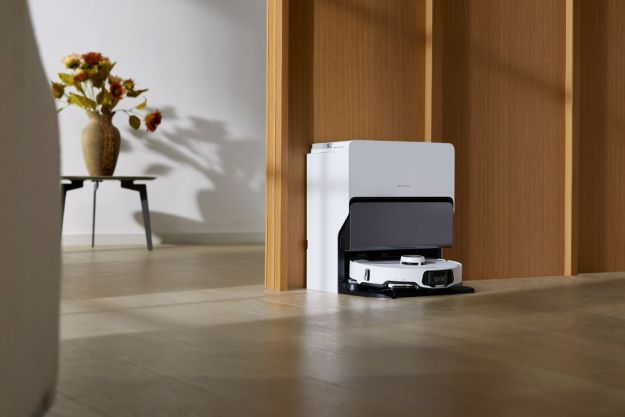
Although the dust is far from settled in the negotiations which will determine the fate of hundreds (or thousands) of online radio webcasters in the United States, smaller operations have received a bit of a reprieve from the music industry organization SoundExchange, which has agreed to let stations continue paying royalty rates in effect before July 15, 2007, while good-faith negotiations on a new royalty rate structure are underway. SoundExchange has not put this commitment in writing, but SoundExchange’s John Simson made the commitment in front of the House Commerce committee; while such a commitment creates no legal obligation, it would be quite difficult for SoundExchange to back out of the promise and maintain any credibility.
However, one part of SoundExchange’s current compromise offer with webcasters would apparently involve the use of DRM technology to discourage or disable “streamripping,” a process whereby listeners record Internet broadcasts to their computers. The music industry has historically viewed streamripping as a prime source of music piracy—why buy music when it can be recorded digitally? Music enthusiasts have always regarded recording radio and television broadcasts for later use as fair use—and numerous court decisions have backed up that stance, although how those precedents apply to Internet streaming isn’t fully tested.
SoundExchange’s offer (PDF) involves the per-channel fee to be levied on Internet broadcasters: SoundExchange will cap that $500-per-channel-per-year fee at $50,000 for broadcasters which a) agree to provide more detailed reporting of the music they play, and b) “work to stop users from engaging in “streamripping”—turning Internet radio performances into a digital music library.” Digital rights management technology would appear to be the only feasible way stations could currently comply with SoundExchange’s proposal and, thereby, avoid the new royalty regime approved by the Copyright Royalty Board.
Mandating digital rights management technology on Internet broadcasts would restrict listenership to only those clients which support the particular flavor of DRM involved. This may leave users of Apple’s iTunes jukebox application out of luck; since Apple does not license its FairPlay DRM, stations won’t be able to offer streams encoded with that system, and Apple does not license DRM systems from Microsoft, Real Networks, or others for use in its iTunes application.


